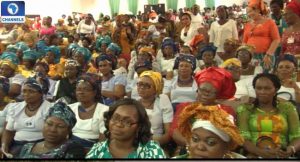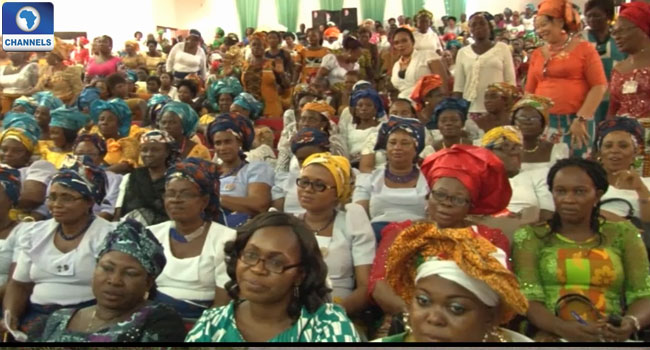
She stated this during her inaugural lecture at the University of Ilorin, Kwara state.
Mrs Durosaro lamented what she called factors responsible for subordinate status of women in the country which according to her, includes religion, cultural norms and practices, gender role socialisation and marriage institution, while calling for change of attitude in these regard.
The Professor also called on government at all levels to establish guidance and counseling centres in order to achieve positive attitudinal change and promote the development of women and men at equal levels.
“The practice of patriarch in Nigeria is perpetrated by several factors that lower the status of women.
“Although several efforts have been made to advance the rights of women, they continue to be denied, face discrimination and oppression from their male counterparts.
“In some parts of the world, females are able to free themselves if they are of high status, wealthy or educated.
“However in Nigeria, the subordination of women occur in different dimensions to educated or uneducated, rich or poor urban or rural.
“There are no barriers that protect such women from the barbaric acts. – Men and women need to collaborate in order to achieve economic development in the world,” she said.
“In the light of my presentation, I hereby recommend that federal, state and local governments should ensure they establish guidance and counselling centres at all levels of education.
“Adequate attention should be given to gender sensitive counselling in order to achieve positive attitudinal change and promote the development of men and women at an equal level,” Durosaro stressed.

